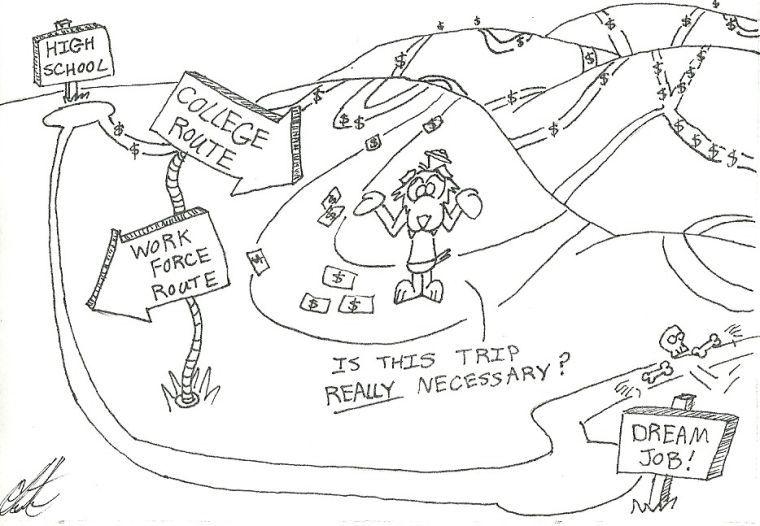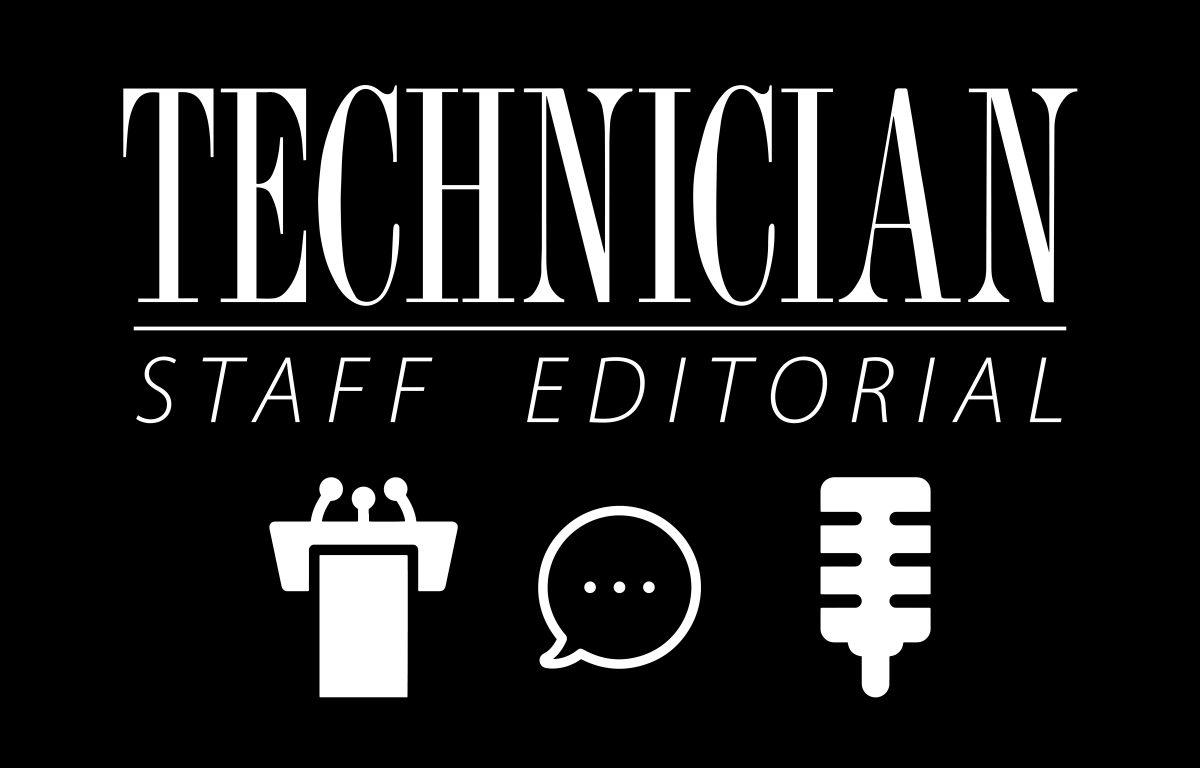Fifty-seven percent of workers in the United States say their current jobs do not “generally require a bachelor’s degree from a college or university or some other advanced academic degree,” according to a Gallup poll released Sept. 9. This might not be hard to believe considering that 61 percent of U.S. workers are blue collar workers, according to the Henry J. Kaiser Family Foundation. But the statistics are surprising even if we remove the blue-collar workers — 49 percent of those in white-collar jobs (with the exception of professional, executive or managerial workers) say a college degree is not needed in their line of work.
This does not mean we should all drop out of N.C. State. Like most things, we should take the study with a grain of salt. Many employers won’t even consider applicants without a college degree. Maybe the workers surveyed don’t think that what they learned in college influences their day-to-day work activity, but chances are their college degree helped them get the job. High school rarely provides the networking opportunities and soft skill cultivation that college does.
Jerome Lavelle, director of academic affairs for the college of engineering, lists off the myriad of benefits a university offers outside of education. Internship, co-ops, undergraduate research and mentor relationships with professors are just a few.
In short, universities are not trade schools. There’s a reason N.C. State requires students to enroll in a variety of GEP classes. A diverse education, complete with history, science, literature and math, is necessary for the diverse working world. The value of a university degree is the ability to think critically and to become more open-minded and able to contribute to society.
We ask that no one misinterpret the results of the Gallup poll to devalue a college education. English 101 may not increase someone’s ability to fill out timesheets, but it certainly can improve written communication. Women’s studies may not teach someone proper phone etiquette, but it can definitely teach empathy for another cultural demographic.
Higher education is increasingly concentrated on getting better jobs, as Gov. Pat McCrory put it last year. We’ll admit that yes, we all would like jobs. However, we hope to take more from college than simple trade skills because as Gallup’s respondents showed, we don’t always need a bachelor’s degree for that.
We think Gallup’s respondents were a little too harsh on themselves. Perhaps their current jobs did not require the hard skills of statistics or calculus. However, when it comes to their soft skills — their ability to work on a team, their ability to express ideas, their ability to investigate claims — we think it’s safe to say the college educations were invaluable.




